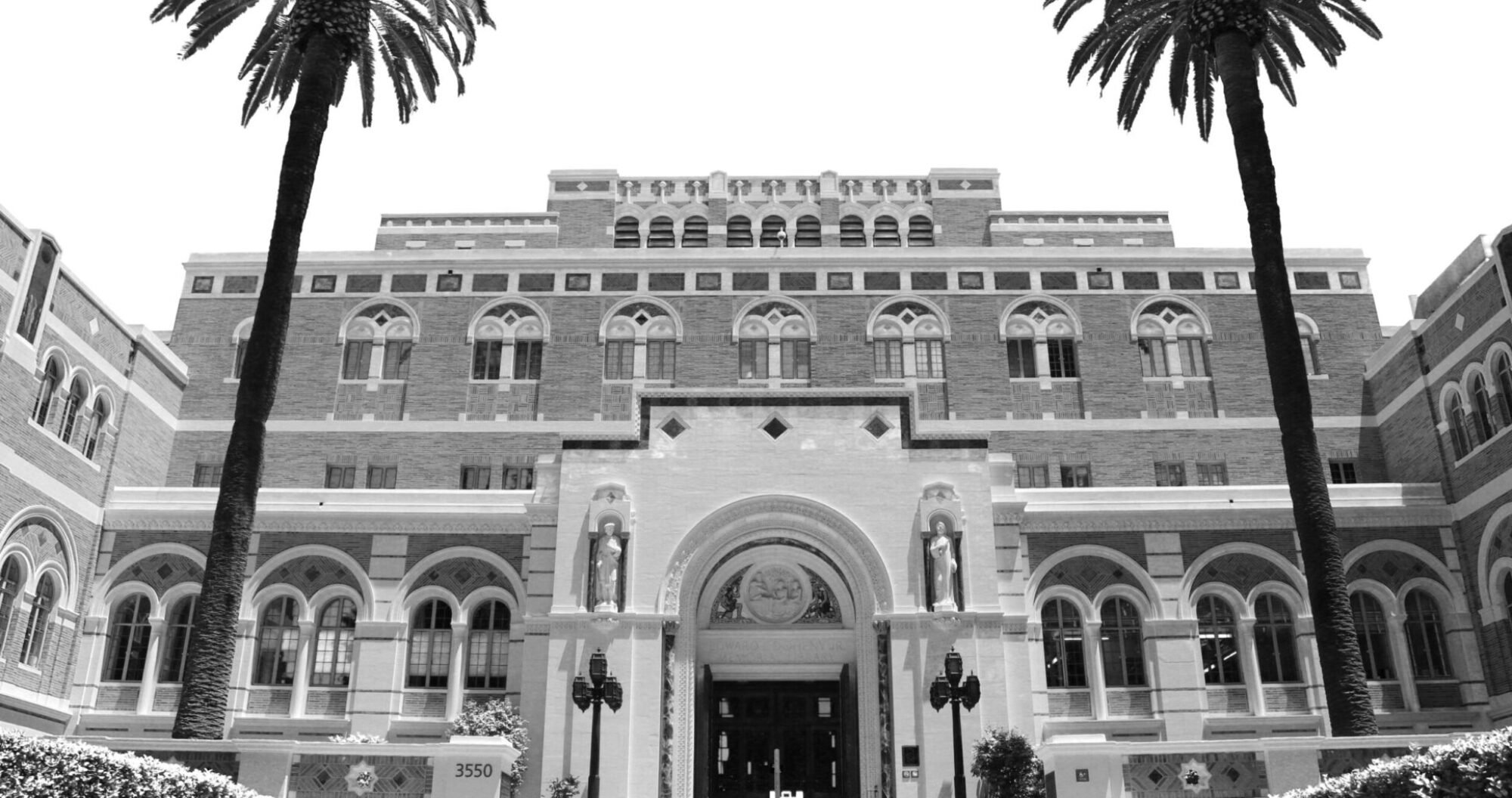GECE PROJECTS
IPPAM Continuing Education program combines class lectures, case discussion, group exercises, panel speakers and discussion, field trips to government agencies, education facilities, non-profit organizations, coupled with private sector cooperation.




Previous
Next
Price IPPAM program leads executive workshop for Indonesian civil servants
By Matthew Kredell
A delegation of 20 senior government officials from Indonesia visited the USC Price School of Public Policy for a two-week continuing education workshop on innovation and best practices in human resources management, organized by the school’s International Public Policy and Management (IPPAM) Program.
USC Price faculty and leading Los Angeles practitioners offered the Indonesia delegation, which represented 10 ministries and national agencies, a specialized curriculum encompassing: human resources management, governance, leadership, performance management, motivating and incentivizing a civil service workforce, communication skills for resolving conflicts, and change management to empower leaders to assume the greater roles required of them by Indonesia’s Bureaucratic Reform Program.
“The goal is to professionalize the civil service so that they may spearhead change in the public sector and better modernize governmental practices in Indonesia in keeping with the country’s push for more transparent government,” said IPPAM Director Joyce Mann. “We want to help them develop innovative thinking about how they can restructure and revitalize human resources management in Indonesia.”
USC Price faculty who led workshop sessions included Robert Myrtle, Terry Cooper, Gayla Kraetsch Hartsough, Shui Yan Tang, Peter Robertson and Maurice Rahimi.
Solutions-focused curriculum
Sessions explored topics such as the challenges of human resources management in Indonesia, best practices in the public sector, principles for a rule-oriented society and organizational change in turbulent times. The Indonesian participants also visited L.A. City Hall and its Personnel Office and met with a panel of representatives arranged by USC Price supporter Larry Williams, who recently retired after 30 years of working for the city.
Anies Said Basalamah, director of the Training Center for Human Resources Development at the Ministry of Finance, noted that the curricular topics were “covered in an entirely new and inspirational way” and will be useful for their work in Indonesia.
“Most of us in this group have been working together in a cross-ministerial alliance to reform HR practices in government,” Basalamah said. “What we have worked through as a group with USC Price faculty and local practitioners will accelerate our efforts at home.”
The IPPAM Indonesia program is part of Indonesia SPIRIT (Scholarships Program for Strengthening and Reforming Institutions), a World Bank-funded initiative to fund overseas masters, doctoral and executive education for civil servants. Yahya Hidayat from the coordinating Center for Planners, Development, Education and Training at the Ministry of National Development Planning led the Indonesia delegation.
Building international bridges
USC Price was recommended for the program by several IPPAM alumni in the Indonesia government. Longstanding work by USC Price faculty in Indonesia enhances the school’s familiarity with both the organization of Indonesia government ministries and recent policy changes under new President Joko Widodo, who took office in October 2014.
An initial workshop in November 2013 focused on re-engineering government processes and helping to promote regional autonomy in Indonesia’s provinces. The IPPAM partnership with Indonesia will continue through 2017, with future delegations coming to USC and perhaps USC Price faculty heading to Indonesia.
During those two weeks at USC, IPPAM held joint events with its international master’s students to engage with the visiting public officials.
“After spending two weeks in seminars at USC Price, I truly feel like a Trojan,” said Nana Yuliana, director for the School of Mid-Career, Diplomatic Training at the Ministry of Foreign Affairs. “For us, Trojan stands for talented, responsible, optimistic, joyful, ambitious and nourished by ideas and inspiration. We are grateful to the talented faculty and staff of IPPAM.”

